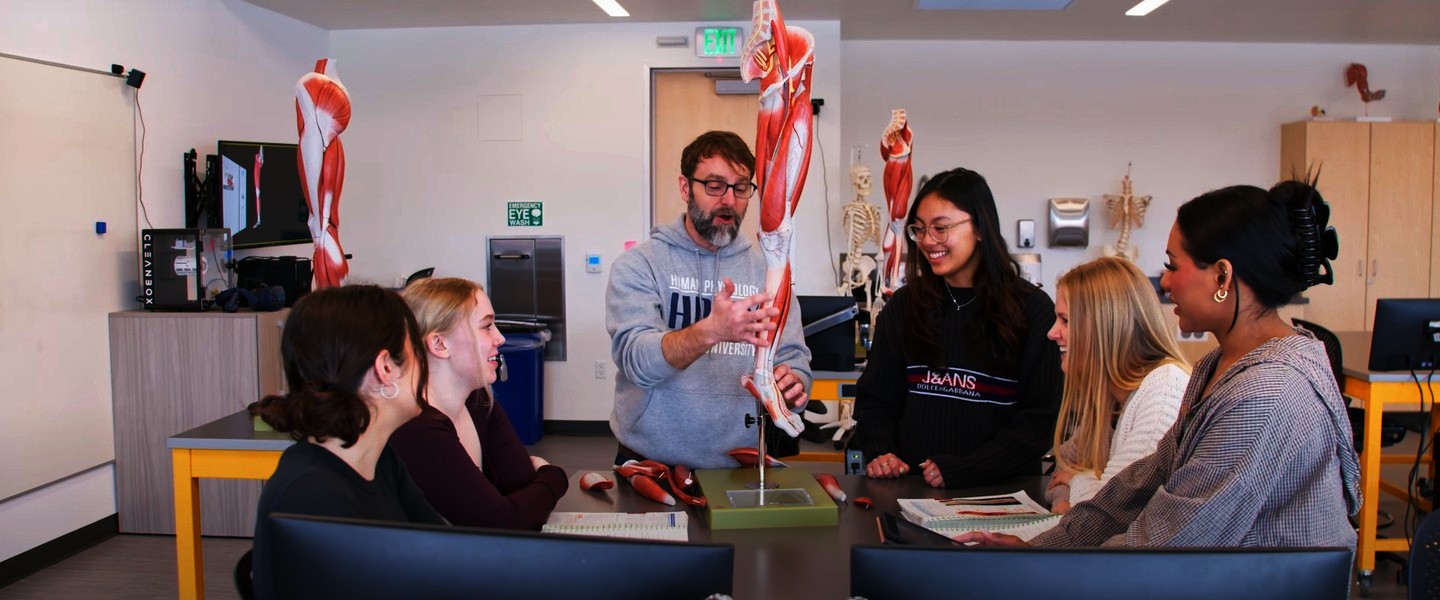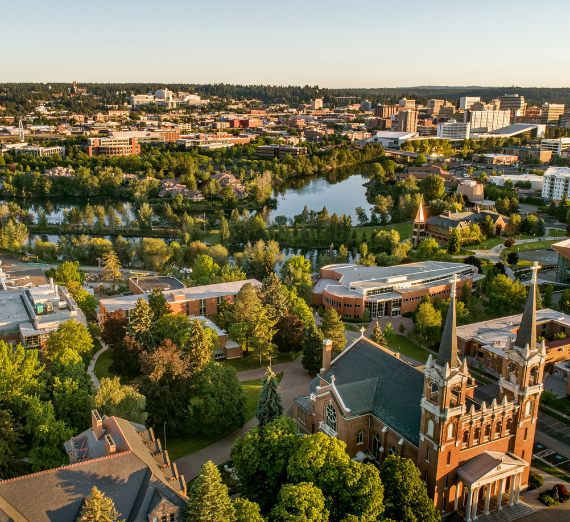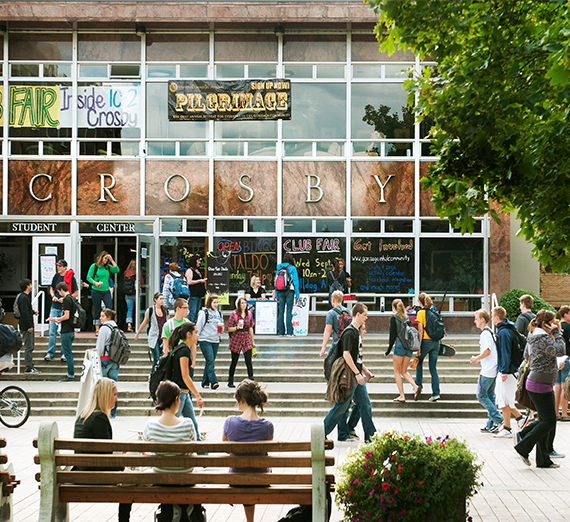The Health Professions Pathways Program (H3P) provides comprehensive support to students and alumni from all majors interested in pursuing graduate study and future careers in the health professions.
Admission to medical, dental, physician assistant, physical therapy, occupational therapy, and other health professions graduate programs is competitive. Schools look for candidates that have distinguished themselves inside and outside of the classroom and gained the skills necessary to be effective members of their professions.
The Health Professions Pathways Program (H3P) offers numerous resources, programs, and services including 1-on-1 appointments and workshops, covering a wide range of topics from career exploration to mock interviews. Additional support includes:
- Mentorship opportunities within the Gonzaga pre-health undergraduate and alumni networks
- Recommendations for students and faculty regarding pre-requisite coursework
- Resources for preparing for and applying to health professions graduate programs
- Advising on how to explore and gain experience in the healthcare field – Healthcare is Spokane's #1 industry!






